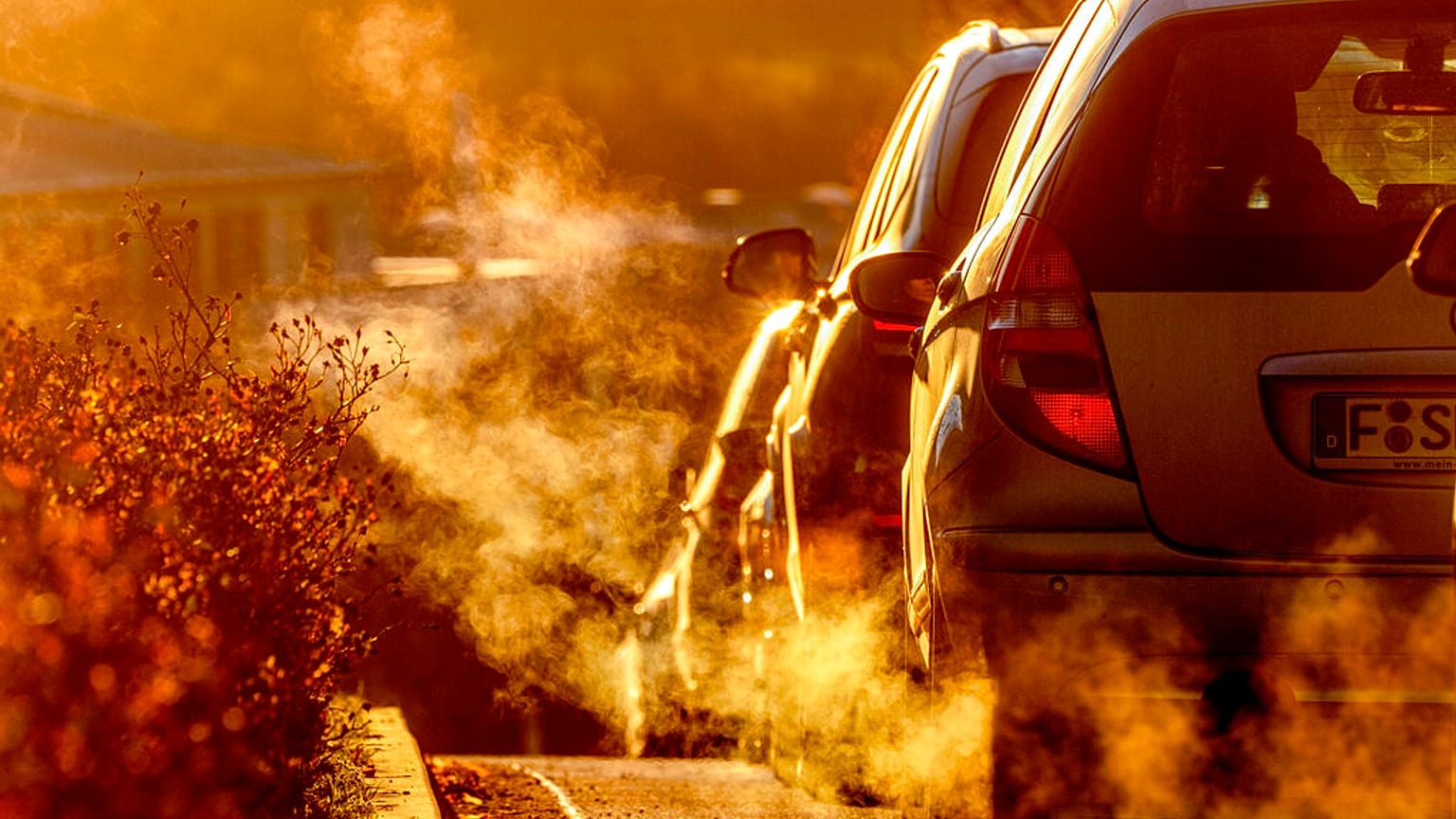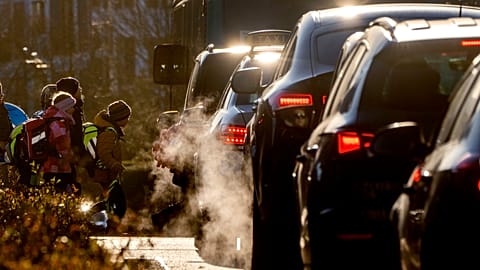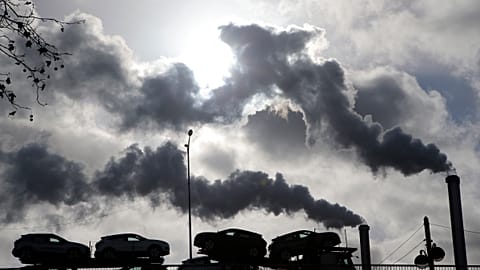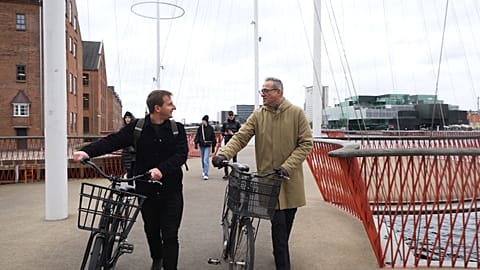Strictest air pollution limits and access to justice for citizens are key aspects of the agreement.
Lawmakers reached a deal to further curtail air pollution across the EU and align air quality standards with the World Health Organisation (WHO) in a bid to reach zero pollution by 2050, during inter-institutional negotiations in Brussels.
 ADVERTISEMENT
ADVERTISEMENT
 ADVERTISEMENT
ADVERTISEMENT
The agreement achieved on Tuesday evening (20 February) on the Air Quality Directive followed several rounds of technical meetings between the European Parliament and the council as the latter sought more flexibility for EU countries seeking to delay implementation of air quality standards.
The council sought a 10-year hiatus on implementation up to 2040, compared to the European Commission’s proposal, which set the timeline for slashing air pollution for 2030. The deal offers exemptions for regions with certain geographic conditions or where slashing air pollution would only be possible with “significant impact on existing domestic heating systems”.
But conditions demanded by the parliament, such as requiring EU countries to include air quality projections in their air quality plans and roadmaps by 2028, will require national governments to keep track of progress and to prove that breaches of pollution limits are kept to a minimum. For particulate matter and nitrogen dioxide — the two pollutants most harmful to human health — the annual limit values will be halved under the deal.
The commission will be tasked with reviewing the air quality standards by December 2030 and at least every five years afterwards.
Under the deal citizens and NGOs will be empowered to challenge implementation in the member states. Citizens with symptoms associated with air pollution will be granted better access to justice, the co-legislators agreed. Moreover, they should be entitled to compensation if they can demonstrate their health has been damaged due to the new national rules being violated.
MEP rapporteur Javi López (Spain/S&D) who led the parliamentary negotiations, dubbed the deal a “major step” forward.
Alain Maron, minister of the Brussels government responsible for environment and on behalf of the EU Belgian Presidency, said the new rules will “drastically improve” the quality of the air and tackle air pollution.
Anne Stauffer, deputy director at the NGO Health and Environment Alliance (HEAL) said the package has a “huge potential” to improve people’s lives, prevent disease and achieve economic savings, despite its not fully aligning with scientific recommendations.
“Having clean air through an ambitious Ambient Air Quality Directive is a crucial component for tackling health inequities across Europe – a piece of legislation that ensures that everyone in Europe, especially those in vulnerable and marginalised communities, breath clean air,” said Milka Sokolovic, Director General, European Public Health Alliance.
The agreement still needs to be adopted by the parliament and the council before going into force, when EU countries will then have two years to transpose the bill into national law.

















